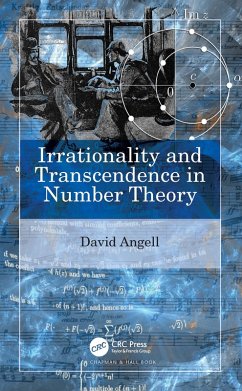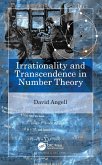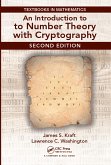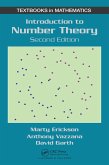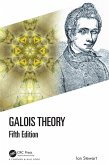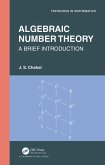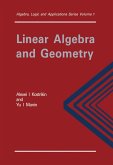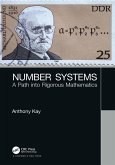Dieser Download kann aus rechtlichen Gründen nur mit Rechnungsadresse in A, B, BG, CY, CZ, D, DK, EW, E, FIN, F, GR, HR, H, IRL, I, LT, L, LR, M, NL, PL, P, R, S, SLO, SK ausgeliefert werden.
Hinweis: Dieser Artikel kann nur an eine deutsche Lieferadresse ausgeliefert werden.
- Midwest Books Review
"This excellent book not only helps fill a substantial gap in the undergraduate mathematics literature, but it does so in a way that most students will, I think, find interesting, inviting and accessible.
[. . .] This material is, of course, very nontrivial, but Angell goes to great lengths to make it accessible. He writes slowly and clearly and spends a lot of time motivating results. As previously noted, he also includes background Appendices in each chapter.
There are other useful pedagogical features. Each chapter ends with an extensive collection of exercises, most of them non-routine; a 20-page section at the end of the book offers hints to these. The book also contains a five-page bibliography (one that, surprisingly, omits the Burger/Tubbs book mentioned earlier) that directs a reader to useful sources.
The subject matter of this book is interesting and beautiful and deserves to be made accessible to well-prepared senior undergraduates. Angell has done an excellent job in helping to do so."
- MAA Reviews
"The thoughtfully organised book is very well written-meticulous care has been taken to make the material accessible to students new to the topics. The delightfully written text is sprinkled with relevant examples and useful comments, and the required background materials in number theory, mathematical analysis or algebra are set out in appendices at the end of each chapter. There are also plenty of well constructed exercises, with generous hints to most of them at the end of the book."
- The Mathematical Gazette

